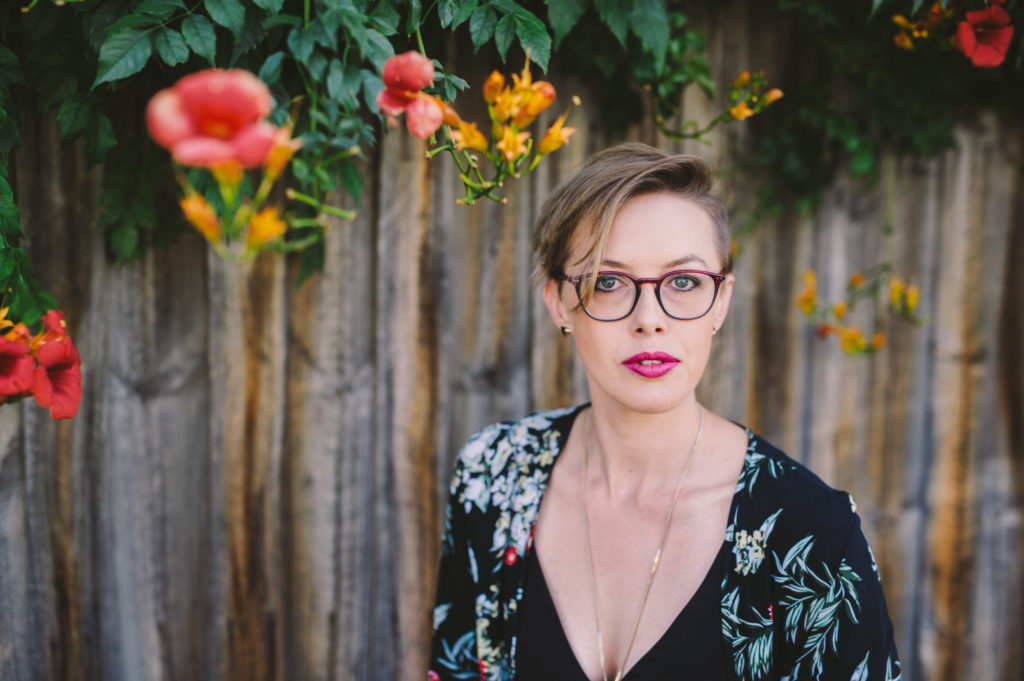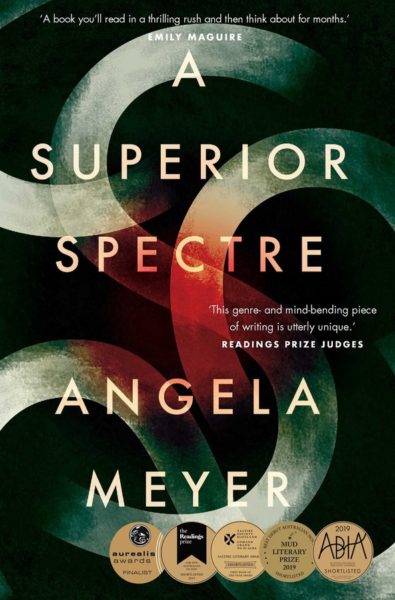
FWA: Why is it important to be able to edit your own work? Are there fundamental skill/aptitude differences that set writers/editors apart? Can’t writers depend on someone else to dot the ‘i’s and cross the ‘t’s?
AM: When I worked as a publisher and we opened our submissions for one week, we received around 150 manuscripts.
Short story competitions attract hundreds, if not thousands, of submissions. Magazine editors receive pitches day in day out.The strength of the idea is important, but if a manuscript is patchy (particularly in its opening) can you expect busy editors to read on? To trust they’re going to get to the gold? If you learn how to self-edit, you increase your chances of being read, of your words and ideas getting a fair chance, of getting over the line. That’s the hard truth! Yes, writers and editors absolutely can have skill and aptitude differences, but it definitely does not hurt (for either, I strongly believe) to learn from and better understand the other.
FWA: The big picture of a project is important when it comes to editing, but sometimes writers aren’t sure what the big picture really is. How will the course will help writers clarify that?
AM: The course will help because it will encourage writers to be able to step back from their work (at an appropriate time in the process) and see it through fresh eyes. Exactly when and how will differ for each writer and each work, but I will provide plenty of tips for students for looking at their work as a whole, analysing it, and working out what the big picture is (or big pictures, complexity is allowed!), and how all the elements of the work can then be brought into harmony to achieve the desired impact or result. Students from previous years have also said that the course also helped them to understand how to think of the ‘big picture’ when approaching a new work, too (plotting, character arcs, themes, etc.).
FWA: We all hope to have work accepted for publication and to work with professional editors. But what if a writer disagrees with editorial decisions? How are differences resolved? What is the best outcome a writer can expect?
AM: In the course I will workshop some specific scenarios, so that writers can be prepared for all kinds of editing experiences. It is the writer’s name on the book or piece. It is their work. But they must also understand that editors are experienced and passionate and truly want the work to be its best. I’m positive that there is always a balance to be struck, or a solution to be found. I will encourage students in the course to be open, to know how to think through changes (both large and small), and to be confident when returning edits.
FWA: As an experienced professional editor what is your primary goal when you start work on a new project? What are you trying to achieve?
I mainly work on books (and mainly fiction) and my primary goal is to help the author to make the book as close as possible to the dream of the book – the ultimate version of itself. I bring to this the skills I have developed around story, characters, and pacing (big picture), but the process is also partly psychological. A conversation with a writer can help them to get at some of their unconscious intentions, incorporate them, bring them out (or remove any ‘fluff’ or ‘stuffing’ that’s getting in the way of them). I’m passionate about books being genuine, and so often we don’t realise we’re trying to force them into unnatural shapes. When the genuine concerns are brought out, sometimes the plot, pacing, and characters take care of themselves (okay, I might still bring the axe out for some further cutting there…).

FWA: You are also a published writer. Can you tell a us briefly about your BEST experience of being edited?
AM: The best was the experience of A Superior Spectre, my debut novel, being edited. First, an emotionally and psychologically important series of conversations with my publisher Peter Bishop, which helped to enhance themes and character. And then I was copy edited by the brilliant Kate Goldsworthy, who goes above and beyond and really helped me iron out a few more plot points, as well as aspects of believability. She has a serious, caring and probing eye, and at times it was SO hard. I will be happy to share in the course how annoyed you can feel while being edited. It’s an intense process. But she forced me to be my best and I am so grateful.
FWA: What is the one main thing you hope that course participants will take away from completing Editing Skills for Creative Writers?
AM: Diligence. Yes, there are some writers with natural talent and such a unique way of seeing the world that they will break through anyway, but most of us mere mortals have to care deeply about the work, about not just the drafting but the rewriting and rewriting and editing and re-editing. We have to learn to discard ideas in favour of better ones. We have to learn to be patient with ourselves and with the process. We have to learn to want to be better writers, not just ‘published’ writers. Writers who learn all this, which includes self-editing, will get better and better, and will derive great satisfaction from writing, from the work.
Editing Skills for Creative Writers
with Angela Meyer
ONLINE
11 October – 15 November 2021
MELBOURNE
13 October – 17 November 2021